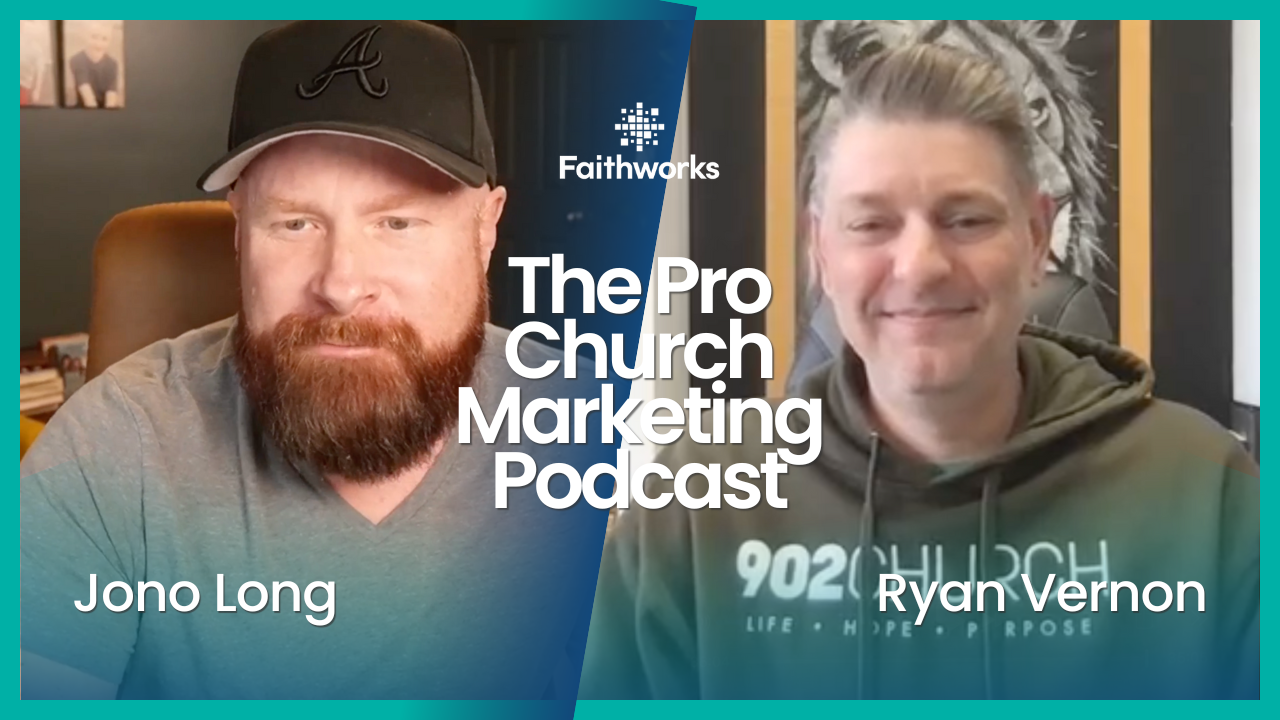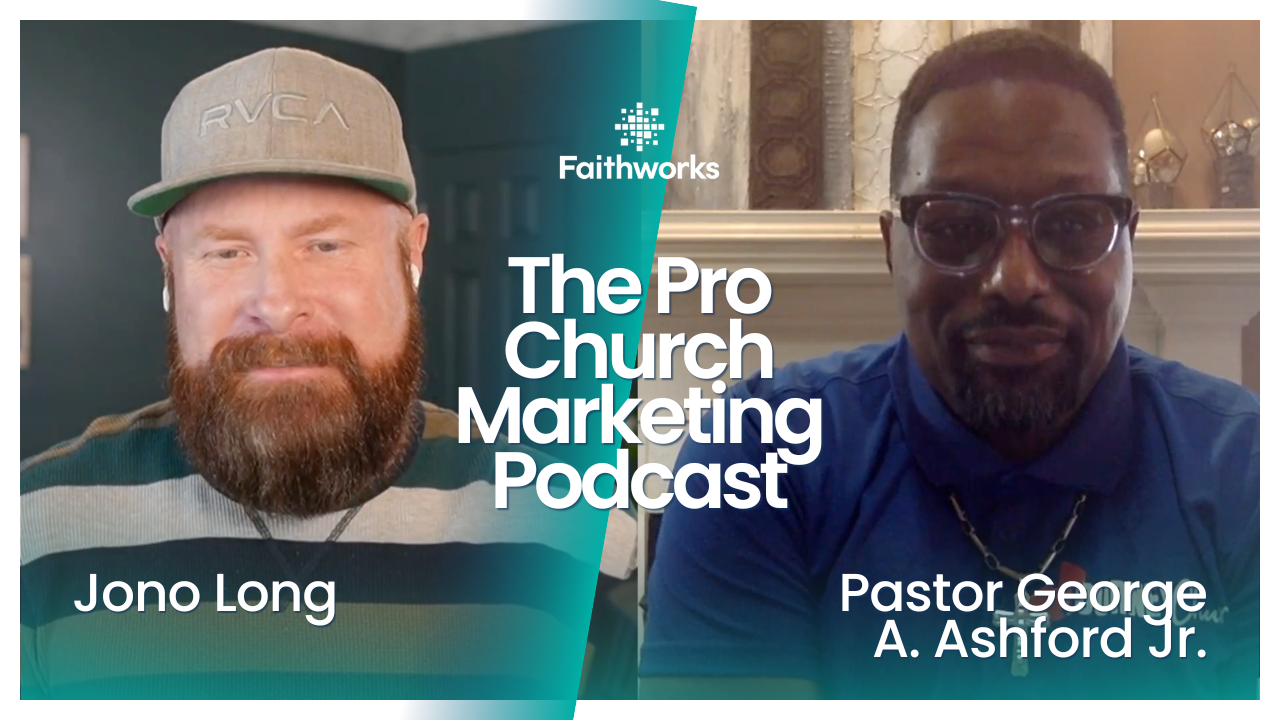The Power of Storytelling in Church Marketing: Connecting People to Purpose
In an era where people are bombarded with information, it’s easy for churches to feel lost in the noise. With declining church attendance and increased competition for attention, it’s more important than ever to make meaningful connections with your community. Storytelling is the bridge between the message of the Gospel and the hearts of people who need to hear it. It’s about using the real-life experiences of your congregation to demonstrate God’s transformative power.
Jorgen Strycharz of Story Thread Media put it best: storytelling is not just an add-on for churches; it’s essential. By weaving the personal narratives of your community into the fabric of your church’s outreach, you can communicate your mission with clarity, authenticity, and impact.
Why Storytelling Matters in the Church
Storytelling is powerful because it transcends boundaries. Everyone has a story, and those stories resonate deeply with others who share similar experiences. For churches, this is a vital tool in bridging the gap between faith and everyday life.
As Jorgen noted, churches often underestimate the importance of testimony. Sharing stories of marriages restored, addictions broken, and lives transformed by Jesus makes the Gospel real and relatable. These narratives inspire hope and remind people that they are not alone.
The Concept of a Story Thread
Story Thread Media has a unique approach to storytelling: creating a cohesive message, or "story thread," that connects every aspect of a church’s communication. From website copy to sermons to social media posts, every element should reflect the church’s mission.
Jorgen emphasized the importance of clarity in communication. Disjointed messaging can confuse people, but a well-crafted story thread ensures everyone—from the leadership team to new visitors—understands and can articulate the church’s mission. This unified approach strengthens the church's identity and amplifies its impact.
Engaging Your Congregation Through Stories
Churches are rich with untold stories. Capturing and sharing these testimonies can ignite a sense of belonging and purpose within the congregation. Jorgen shared how his team used multi-camera setups and interviews to record members' testimonies about their faith journeys. These stories, shared on YouTube, Facebook, and the church website, reached people far beyond the walls of their building.
And it doesn’t have to be complex. Jorgen highlighted that even stories captured on a smartphone can make a difference. The key is authenticity—highlighting real people and their transformative experiences with Jesus.
Overcoming Pushback: “Just Preach the Word”
A common objection to church marketing is that it distracts from preaching the Word. But as Jorgen explained, marketing is simply strategic communication, and Jesus Himself was the ultimate storyteller. His parables were relatable, memorable, and transformative—connecting with people from all walks of life.
Preaching the Gospel and telling stories aren’t mutually exclusive. In fact, they work hand-in-hand. Sharing testimonies makes the message of the Gospel accessible, especially to those who may never step foot in a church otherwise.
Practical Steps to Start Telling Your Church’s Story
- Inventory Your Congregation: Start by getting to know your people. Who are they? What are their stories? Prayerfully ask God to reveal testimonies that need to be shared.
- Leverage Technology: You don’t need an elaborate setup to get started. Smartphones and basic recording equipment can capture powerful testimonies that resonate with others.
- Focus on Clarity: Ensure your church’s mission and vision are communicated clearly across all platforms. Avoid disjointed messaging by creating a unified “story thread.”
- Celebrate the Small Stories: Not every story has to be dramatic to be impactful. Small, relatable moments of faith and perseverance often speak the loudest.
Why This Matters More Than Ever
In today’s digital-first world, attention spans are short, but authentic stories cut through the noise. Sharing your congregation’s stories creates a ripple effect, spreading hope and inviting others into a transformative relationship with Jesus.
As Jorgen said, marketing isn’t about flashy gimmicks—it’s about presence and connection. By strategically sharing your church’s story, you ensure that people know where to turn when they need hope and community.
Conclusion: Embrace the Power of Storytelling
Your church is filled with stories waiting to be told. By sharing them, you reveal the love, grace, and redemption of Jesus in a tangible way. Storytelling isn’t just a marketing tool—it’s a ministry.
If your church is ready to take the next step in storytelling, start small. Begin by identifying the stories God has already written in your community, and share them with clarity and purpose. In doing so, you’ll not only grow your church but also inspire others to embrace the Gospel’s transformative power.

Latest Posts




© 2025 All Rights Reserved | Faithworks Marketing







